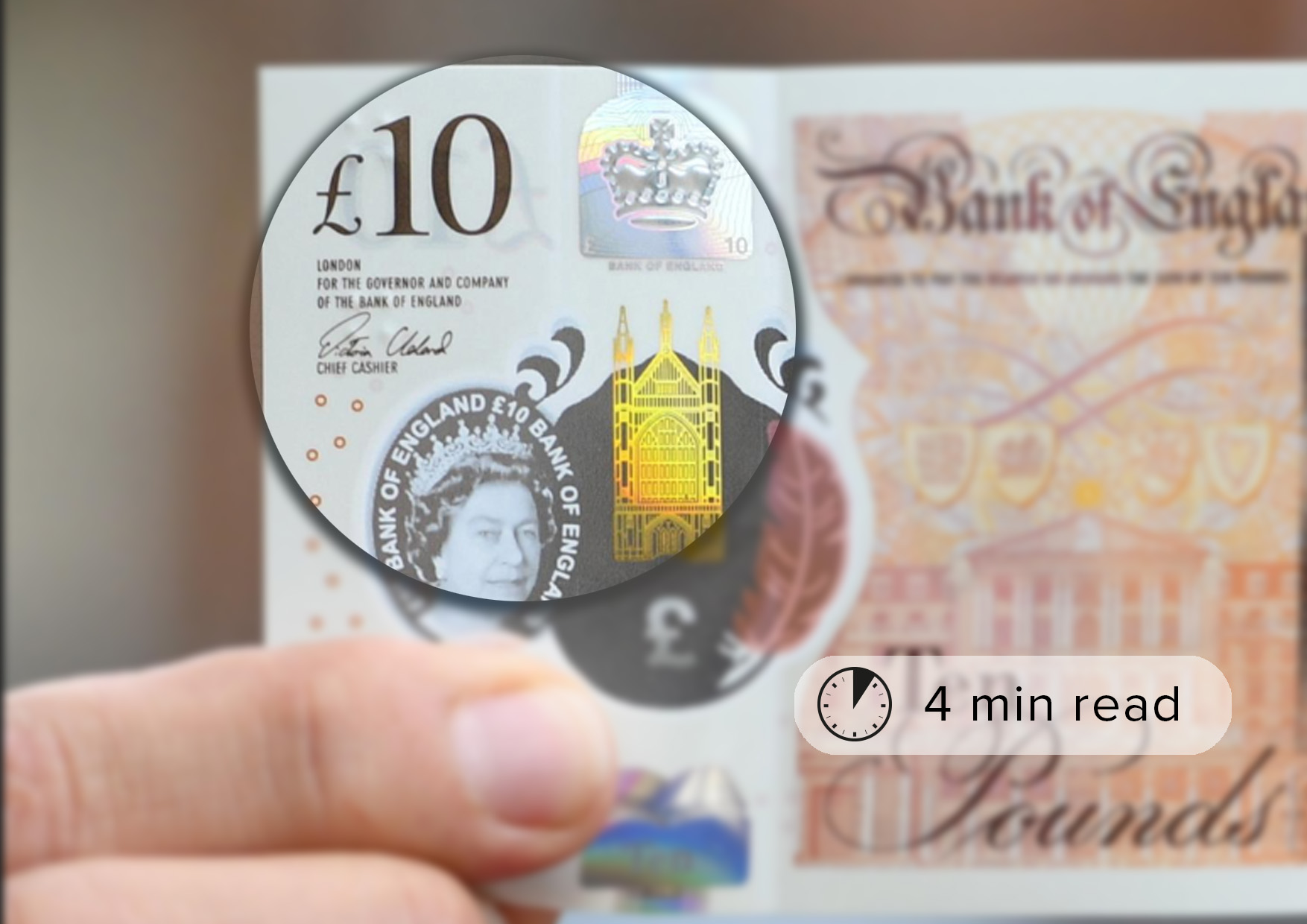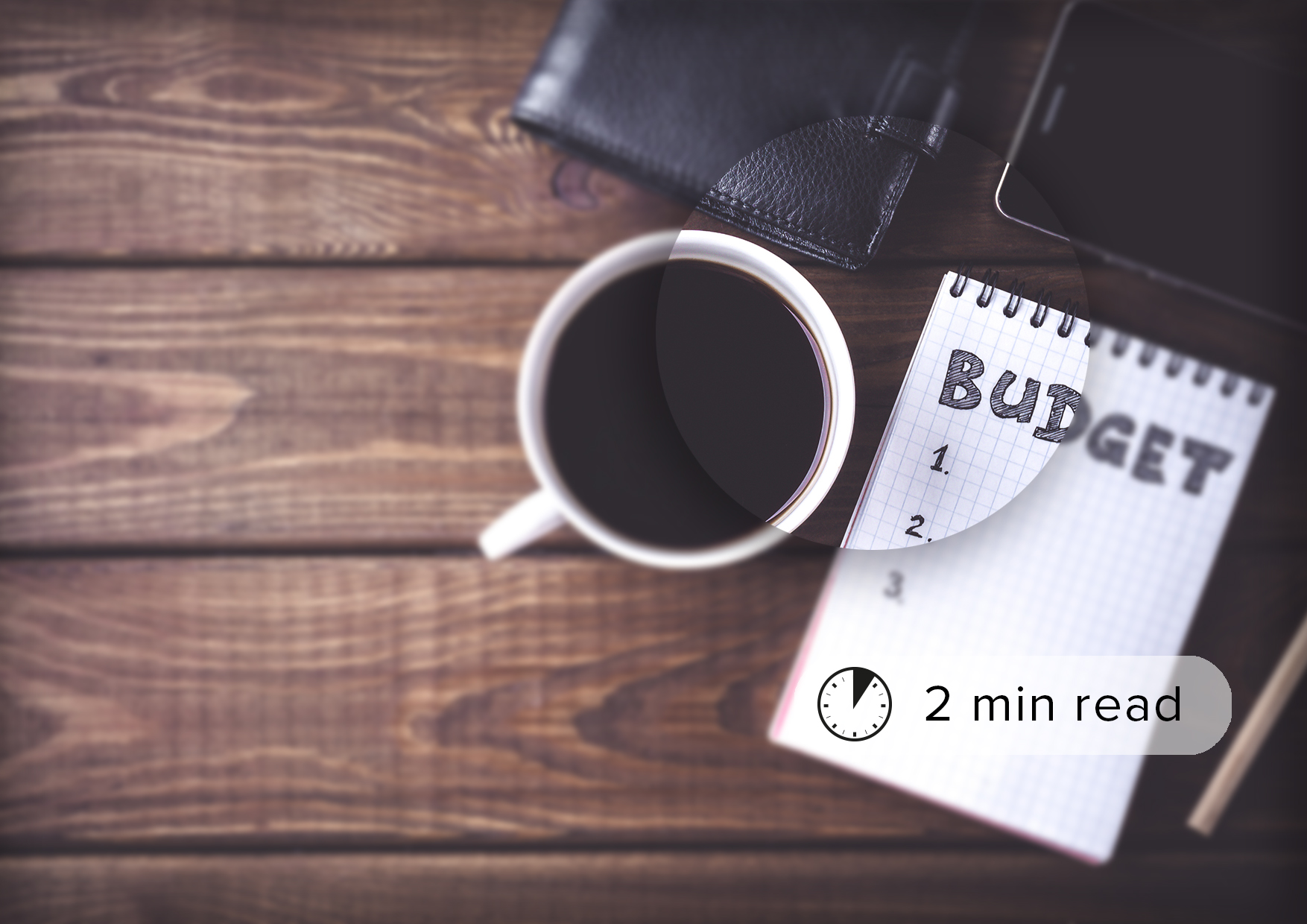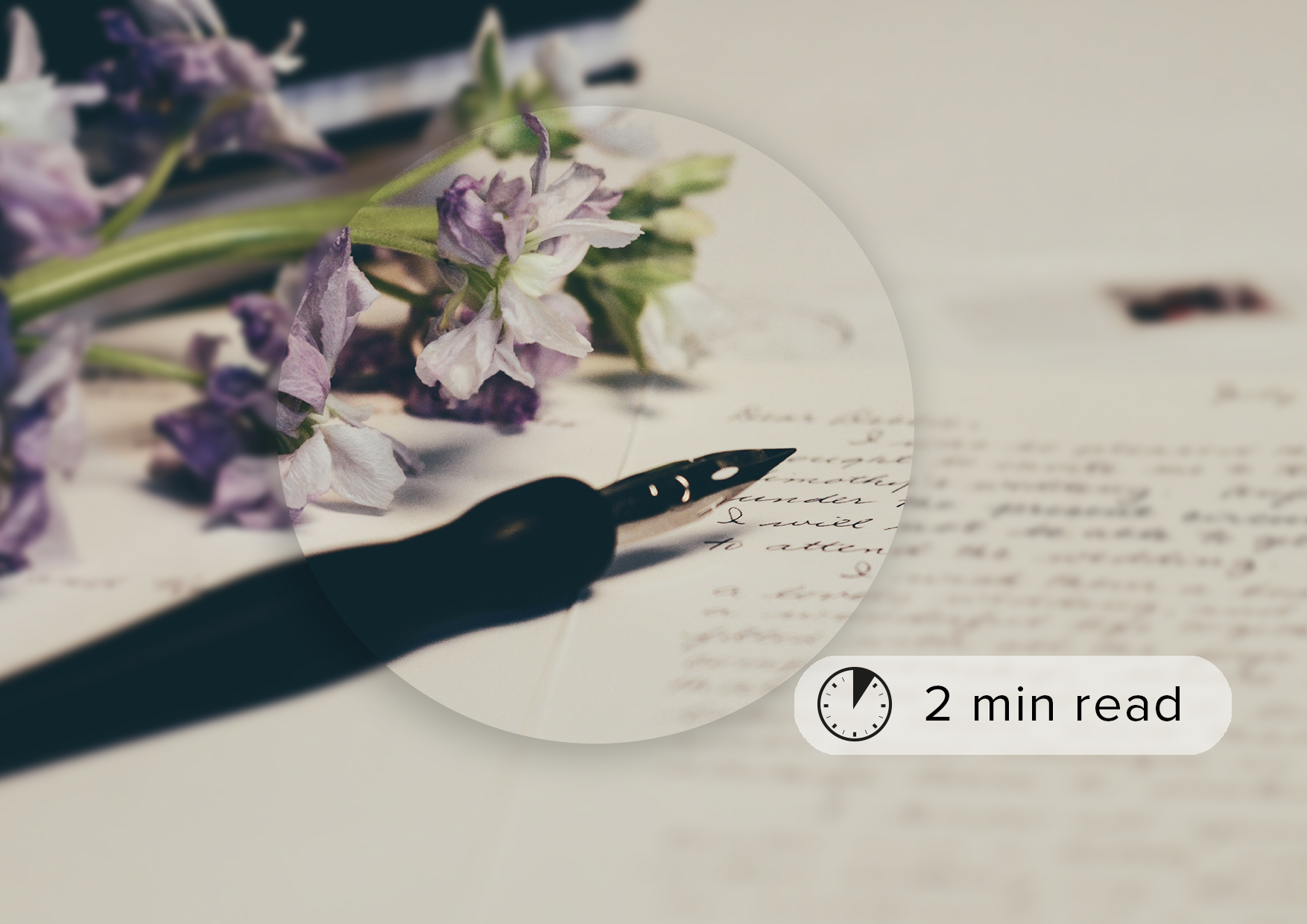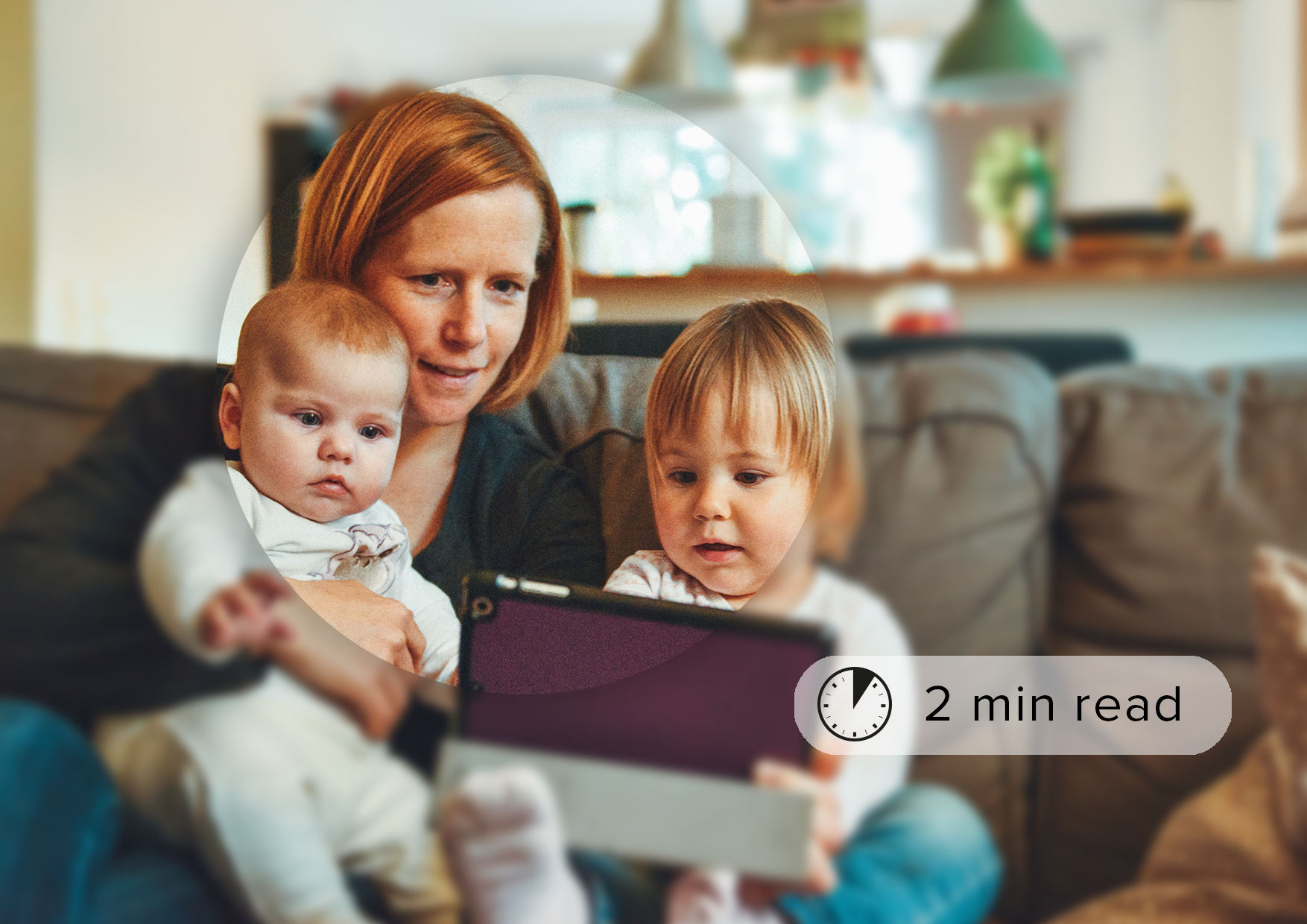Investing in future you
With the cost of living really starting to bite, money can feel tight just now. Between the National Insurance rise, energy bills soaring and petrol prices reaching record highs, anything we can do to help get a better grip on our money matters is welcome. Although it’s not a magic bullet, making a budget can be a great way to get a clear picture of your finances – you can see where your money’s going, and hopefully where you can save some.
Whether you’re paying off debt, saving for a deposit, or just trying to put some money away for a much-needed holiday, budgets can help you stay on track. I found using the 50-30-20 budget rule was a really simple way to keep on top of my finances.
The idea is you spend:
- 50% on essential needs like rent/mortgage payments, bills, food and transport.
- 30% on wants – all those good (but optional) things like eating out, shopping, your Spotify and Netflix subscriptions etc.
- 20% on savings or paying off debt. This could be putting money into a savings account, investment or even a pension fund, or paying off anything from personal loans to credit cards.
So if your take home pay is £1,500 a month after tax, you’d have:
- £750 for needs,
- £450 for wants, and
- £300 for savings or debts.
When I decided to try this budget the idea of building up savings seemed more attractive than paying off debt. But on his excellent MoneySavingExpert website, Martin Lewis recommends looking at the interest rates on any outstanding debt first. It’s often better to pay this off before starting to build up savings – it can even save you money in the longer term.
Reframing saving
I tried to reframe the act of saving in my mind as investing in future me.
I tried to reframe the act of saving in my mind as investing in future me. So rather than taking money away from myself just now, I’m actually giving money to my future self. Or to be more specific, investing in the things I want to do in the future – like that long-awaited holiday abroad (hopefully…).
20% might seem like a lot to save, especially when times are tight and with lots of competing priorities, so why not make it a figure you work toward over time? When creating my budget I tried to save what I could afford before working up to 20%. After paying off my credit card, I found putting money straight into my savings as soon as I got paid worked best, as waiting until the end of the month to see what I had left usually meant staring at an empty bank account.
In reality
The 50-30-20 budget might mean you’re no longer dedicating as much cash to all those wants. And with rising costs you might find it is difficult to make the budget work straight away, but it can be something to aspire to. Even just making a budget can really help give you a clearer picture of what you’re spending your money on and where you can afford to cut back.
If you’re struggling with money or have any financial worries, the MoneyHelper website is a terrific resource to help with all things financial – from debt and household bills, to benefits and pensions, they’ve got it covered.
To borrow sentiment from a Chinese proverb – the best time to make a budget was a couple of years ago, the second best time is now.













